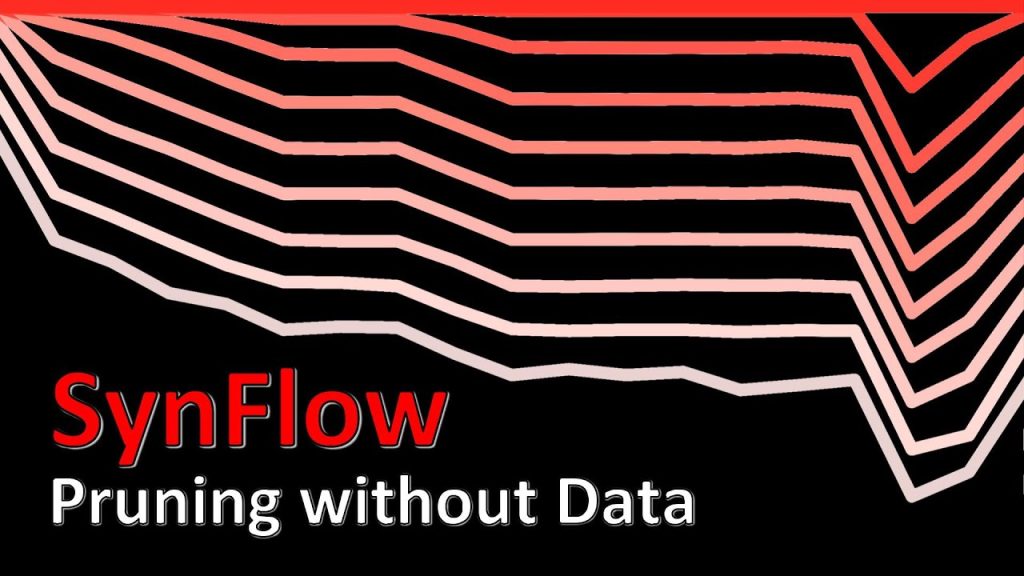The Lottery Ticket Hypothesis has shown that it’s theoretically possible to prune a neural network at the beginning of training and still achieve good performance, if we only knew which weights to prune away. This paper does not only explain where other attempts at pruning fail, but provides an algorithm that provably reaches maximum compression capacity, all without looking at any data!
OUTLINE:
0:00 – Intro & Overview
1:00 – Pruning Neural Networks
3:40 – Lottery Ticket Hypothesis
6:00 – Paper Story Overview
9:45 – Layer Collapse
18:15 – Synaptic Saliency Conservation
23:25 – Connecting Layer Collapse & Saliency Conservation
28:30 – Iterative Pruning avoids Layer Collapse
33:20 – The SynFlow Algorithm
40:45 – Experiments
43:35 – Conclusion & Comments
Paper:
Code:
My Video on the Lottery Ticket Hypothesis:
Street Talk about LTH:
Abstract:
Pruning the parameters of deep neural networks has generated intense interest due to potential savings in time, memory and energy both during training and at test time. Recent works have identified, through an expensive sequence of training and pruning cycles, the existence of winning lottery tickets or sparse trainable subnetworks at initialization. This raises a foundational question: can we identify highly sparse trainable subnetworks at initialization, without ever training, or indeed without ever looking at the data? We provide an affirmative answer to this question through theory driven algorithm design. We first mathematically formulate and experimentally verify a conservation law that explains why existing gradient-based pruning algorithms at initialization suffer from layer-collapse, the premature pruning of an entire layer rendering a network untrainable. This theory also elucidates how layer-collapse can be entirely avoided, motivating a novel pruning algorithm Iterative Synaptic Flow Pruning (SynFlow). This algorithm can be interpreted as preserving the total flow of synaptic strengths through the network at initialization subject to a sparsity constraint. Notably, this algorithm makes no reference to the training data and consistently outperforms existing state-of-the-art pruning algorithms at initialization over a range of models (VGG and ResNet), datasets (CIFAR-10/100 and Tiny ImageNet), and sparsity constraints (up to 99.9 percent). Thus our data-agnostic pruning algorithm challenges the existing paradigm that data must be used to quantify which synapses are important.
Authors: Hidenori Tanaka, Daniel Kunin, Daniel L. K. Yamins, Surya Ganguli
Links:
YouTube:
Twitter:
Discord:
BitChute:
Minds:
source

